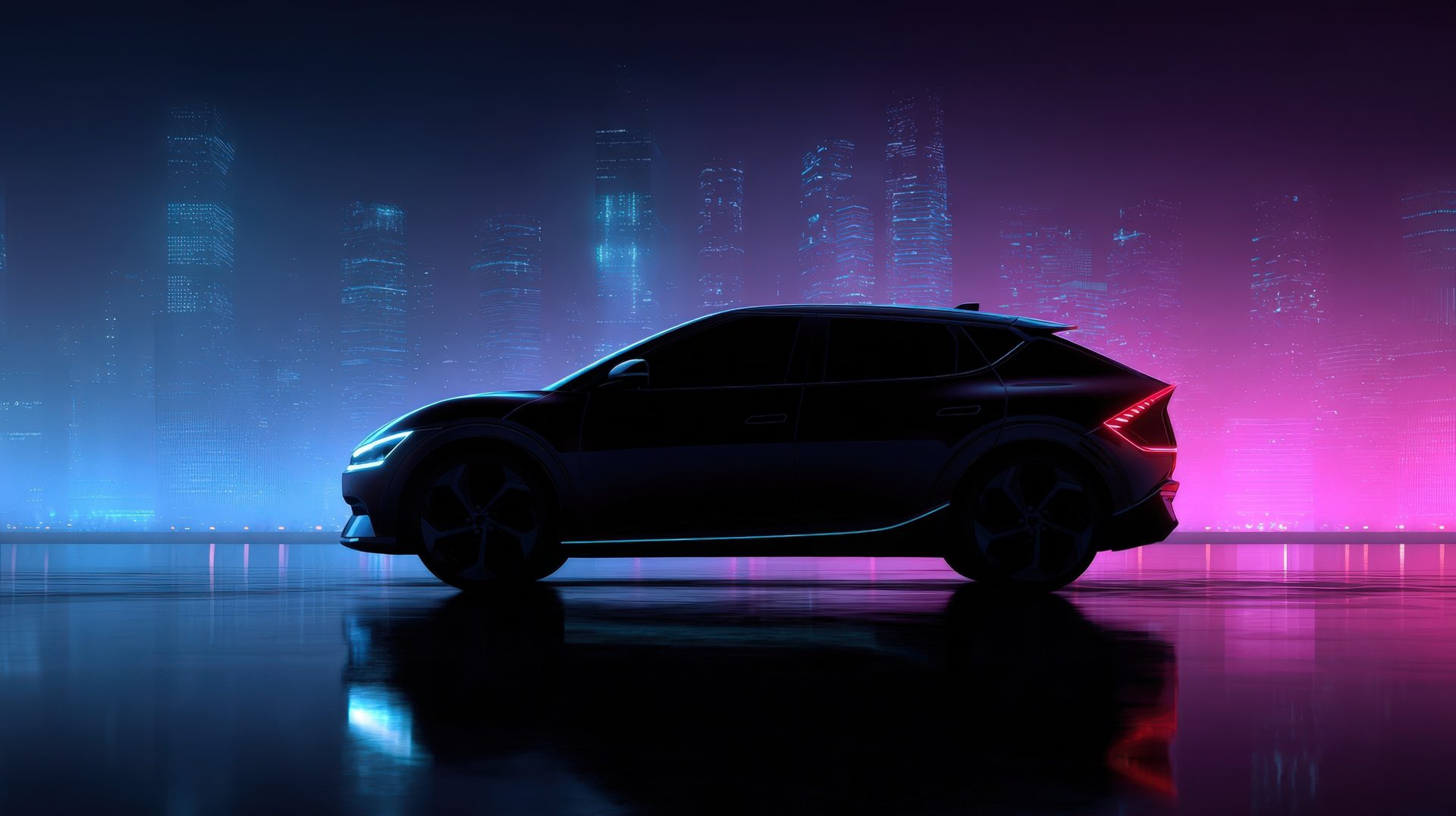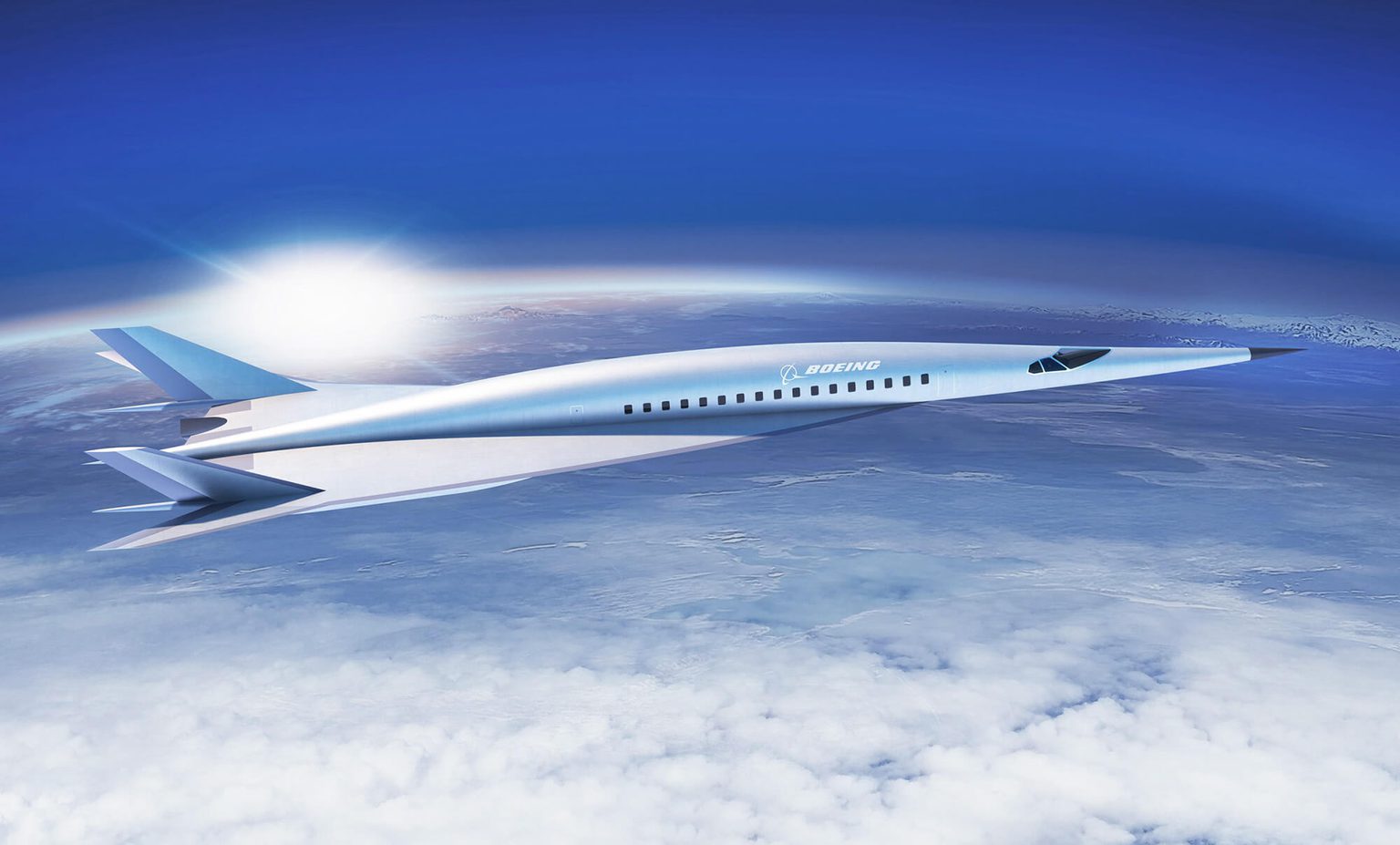
Mobility

Fast Forward to 2119...what will motivate the business passenger, 100 years from now, to board a plane?
Devin Liddell, principal futurist at Teague – the Seattle-based consultancy that collaborates with Boeing, Intel, Marriott, Nike and Toyota to design new futures in aviation, automotive, smart cities, personal mobility and space travel – anticipates that the 22nd-century equivalent of Skype will be capable of convincingly replicating the experience of ‘being there’.
“Because of the advancement of work productivity technologies, it’s likely that we won’t have to travel for work unless we absolutely want to,” says Liddell. “A hundred years from now, unless I’m absolutely compelled to actually be in Shanghai, there won’t be much reason for me to go, because video conference calls of the future will be so tightly integrated – even potentially via neural circuitry – so you’ll have shared brainstorms and shared think sessions where you are wired together." But far from envisaging the demise of business travel, Liddell predicts the opposite – that the experience of going to places for real in the 22nd century will have a more alluring cachet than its virtual counterpart
A hundred years from now, you actually may want to be reacquainted with the marvel of flight, and one way to do that is not by going faster, but by going slower.
“Because everything will be spectacularly replicated, one of the things we may value most, and one of our central currencies 100 years from now, will be the authentically real,” he says. “Being there in person in an authentically real way will have added value and, because of hypersonic travel [traveling five times faster than sound], getting to Shanghai will be really quick. I think that the ‘red thread’ will be the passenger desire for the authentic.”
Hypersonic planes will enable us to fly anywhere on Earth within the time it takes to catch a movie and sip a space-age mojito. But the notion of authenticity being an appealing travel option is also linked to the paradoxical probability, says Liddell, that passengers in 2119 might also value traveling at a more contemplative pace.
“If you ask industries to predict their future, they often come up with the most functional and utilitarian scenarios, and my complaint about that is that the future will be just as much about the emotional as it is now,” he says. “It’s a mistake to think of the future as some sort of exercise in logic, because it isn’t. A hundred years from now, airlines will very likely be operating a fleet of not just passenger aircraft, aerial taxis, and space planes – but also of airships.
We think of the future through the lens of Moore’s Law – that things will only go faster or higher. Whereas – and I know this sounds contrarian – it’s more likely that there’ll be people who opt for efficient point-to-point airship travel that actually isn’t Mach 5. It’s the same trade-off that people make today with rail. A hundred years from now, you actually may want to be reacquainted with the marvel of flight, and one way to do that is not by going faster, but by going slower.”
Read the full interview in British Airways "Business Life" Magazine.